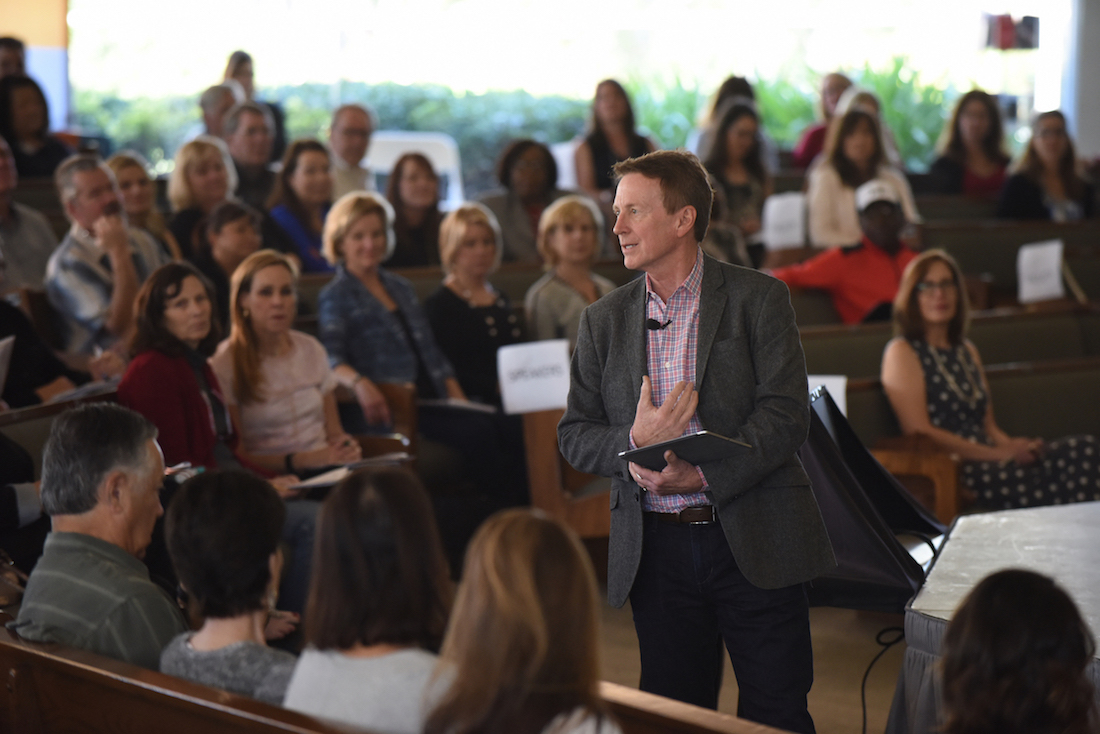Transparency, whether it’s personal or in an organization, is a key part of how relationships, groups and organizations thrive and succeed. A relationship that is transparent inspires trust, care, motivation and the ability to succeed and solve challenges together. A relationship that is limited in transparency tends to discourage, isolate and de-motivate people.
Transparency is a combination of three aspects: openness, messaging and ownership. When these are in place, health enters the system and good things happen. Here is how it works:
Openness. Openness means keeping needed information in the light, as opposed to hiding it in darkness. The Enron scandal is an example of a lack of openness, with devastating results. On a personal level, openness may mean bringing a mistake you made, to people who are important to you. When you are open, you think about who deserves to have information at some appropriate level. It could be information about finances, performance problems or some personal situation, depending on what is warranted. Openness is also usually about negative realities. It’s easy to be open about the touchdowns, but it takes character and courage to be open about the failures. But think more about the well-being of those who need the info, than you do about your own comfort and convenience. That mentality will be a game-changer for you.
Messaging. This means taking initiative and intentionality to get the information to the right people. It is not their job to search out the facts, that is not transparency. You don’t cache it in a hard drive, or on the last tab on your website. You deliver what is needed to those who matter. Meet with them. Call them up. Email them. Text them. But take the initiative to message. This builds trust, and repairs distrust.
Ownership. Transparency does not end with bringing the appropriate reality to the appropriate people. It also requires a commitment, a commitment to act on the facts and do the right thing. If the situation involves something that requires you to improve matters, take a healthy step. If you need to authentically apologize, do it. Ownership is the opposite of blame-shifting. It is blame-taking. Whatever the realities are, take ownership of your part, and execute your best next behavior. In a world of disconnects between saying and doing, be willing to do something to make things better. You may not be responsible for the entire problem, but you can help in improving matters in your own space.
Transparency is rarely enjoyable. But in the long run, it always pays off exponentially. Be that person, for those who matter to you, for your organization, and for yourself.
Best,
John





